NGO demands 'effective investigation' into post-election killings in Mozambique
War in Cabo Delgado: “Historical error that Frelimo cannot remedy”
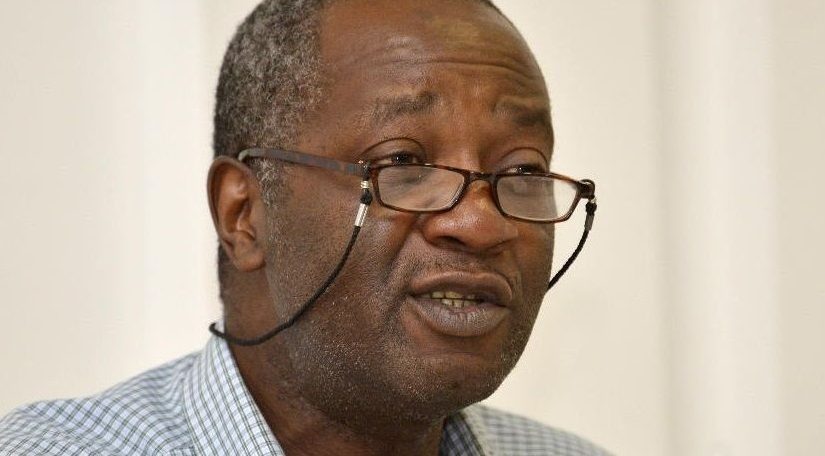
in file CoM
Mozambican academic Severino Ngoenha cites ethnic issues, social discrepancies and radicalisation as the causes of the conflict in Cabo Delgado. He says they have become serious problems since Frelimo came to power in Mozambique.
The war in Cabo Delgado, in northern Mozambique, results from a “historical error” that the Front for the Liberation of Mozambique (Frelimo) “has not been able to remedy” since national independence, Ngoenha says.
The rector of the Technical University of Mozambique says these ethnic problems and discrepancies remain open despite the party having people of diverse ethnic origins involved in governing the country.
Islam is also seen as supporting the insurgency, although it was not a major social problem for the colonial regime. Despite their historical relevance for independence, Muslim communities are said to have been marginalised by the Frelimo socialist government, although this never constituted a strong social problem, according to Ngoenha.
Radicalisation of Islam
The academic believes that the country has let Islam radicalize itself in the name of questionable neutrality and secularism, and today this has created a serious social problem.
“In recent years there is evidence of how the new type of Islam, more radical, which did not even respect the traditional Islam present in the territory and space, gradually emerged in the Mozambican space. And we, as a country and as a state, went on to accepting that, in the name of neutrality and a debatable secularism, until it reached the radicalisation stage,” he stresses.
Extreme poverty in different areas of the country, but less so in the south, is another factor that sets Mozambique at war – a national anomaly that politics should find ways to mitigate. “There is no reason why we should not transfer some seats of power outside of Maputo. There is no reason why the government, the ministries, the Presidency, Parliament – all these symbols of power – should be confined to Maputo,” he says.
Sociocultural issues of conflict
French historian Michel Cahen, from the Eduardo Mondlane University, says that the war in Mozambique is facilitated by the fact that insurgents find desperate young people ready to join their cause.
“This ‘Al-Shabab’ sect in Cabo Delgado is offering a life project to young people who have no hope of improving socially. Then we return to the socio-cultural and economic issues of the conflict,” he says.
The conflict in Cabo Delgado started in 2017, with the UN estimating that instability in the region has already caused more than 2,000 deaths and displaced nearly 700,000 people.



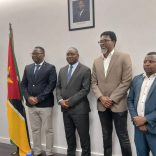

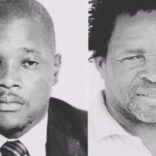
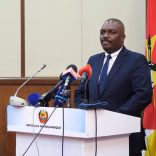
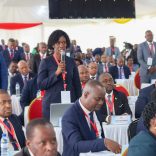





Leave a Reply
Be the First to Comment!
You must be logged in to post a comment.
You must be logged in to post a comment.